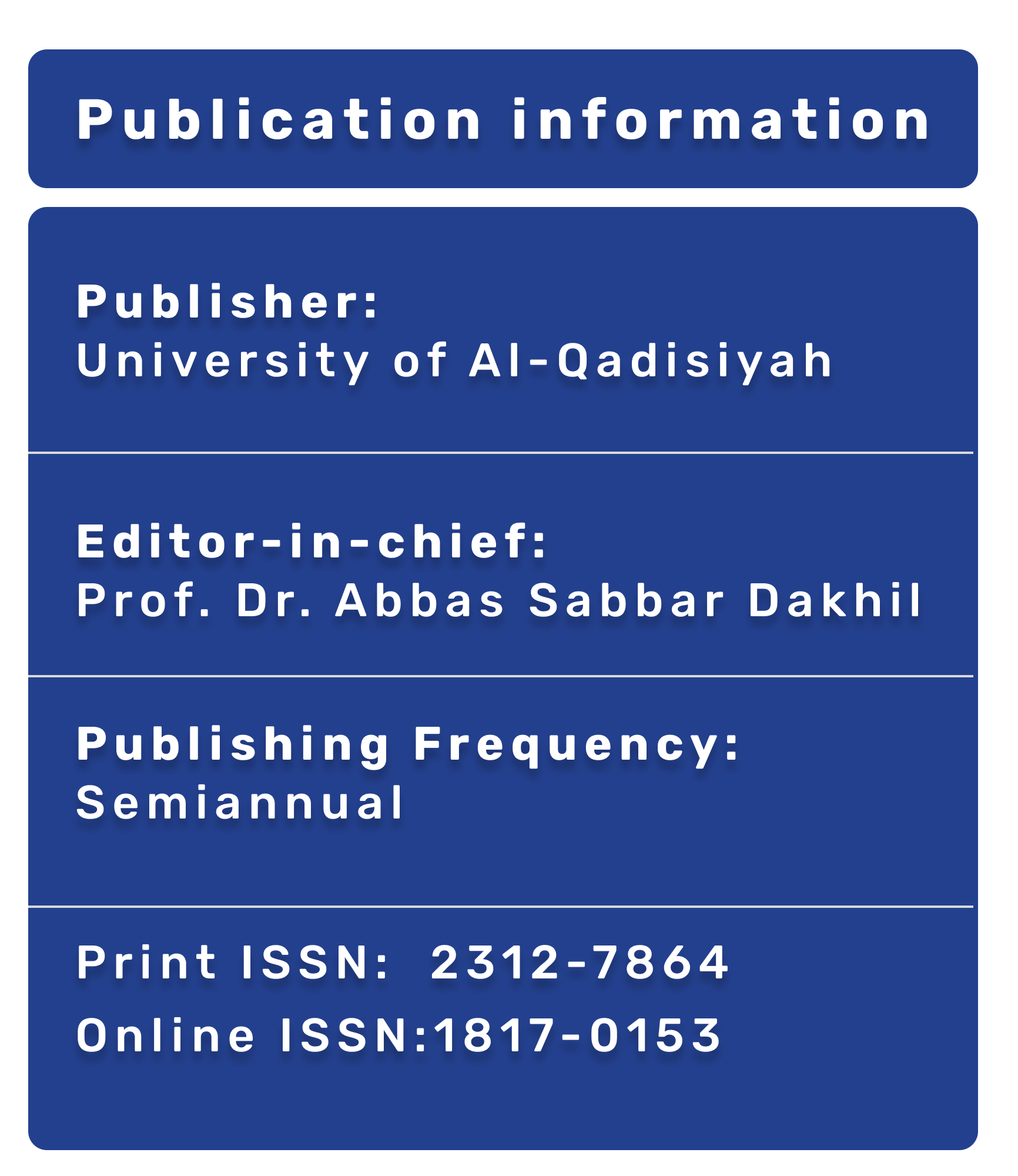The Prevalence of Anticardiolipin Antibodies in women with Bad Obstetric History
DOI:
https://doi.org/10.28922/qmj.2016.12.21.155-160Abstract
Background: Bad obstetric history (BOH) implies previous unfavorable fetal outcome in terms of two or more consecutive spontaneous abortions, early neonatal deaths, stillbirths, intrauterine fetal deaths, intrauterine growth retardation and congenital anomalies. The immune factors associated with pregnancy loss are classified as autoimmune and alloimmune factors. The autoimmune factors include the synthesis of autoantibodies (anti-phospholipid antibodies, anti-nuclear antibodies, anti-thyroid antibodies). The main types of antiphospholipid antibodies are Lupus Anticoagulant (LA) and Anticardiolipin (aCL) antibodies (IgG & IgM).Objective: To measure the level of anticardiolipin antibodies in the sera of women with bad obstetric history.
Patients & method: the study was conducted from October 2009 till June 2011 including 117 patients who attended private clinic & laboratory. Patients included in the sudy were those with history of two or more recurrent miscarriages, intrauterine fetal death & stillbirth. Fetal losses due to diabetes or congenital anomalies were excluded.
Serum levels of anticardiolipin IgM & IgG antibodies were measured using AESKULISA phospholipid-Screen-GM (Germany) which is a solid phase enzyme immunassay for the separate qualitative & quantitative detection of IgG and /or IgM antibodies in human sera.
Results: from the total of 117 patients with BOH fourteen (11.96%) had positive anticardiolipin antibodies in their sera. When comparing between the different groups of patient who were classified according to the type of fetal loss the highest number & percentage of positive anticardiolipin antibody were found in those with three & more recurrent miscarriages (4 cases, 57.14%). When comparing the IgM & IgG levels in different patients groups, the highest levels were found in those with three & more recurrent miscarriages.
Conclusion: Anticardiolipin antibodies can have a positive association in women with bad obstetric history especially those with three & more recurrent miscarrigages. The level of IgM & IgG is highest in this group however these antibodies should be looked for in other patients with BOH








